
Directed by Edward Berger (the director of the 2022 Academy Award best picture nominee All Quiet on the Western Front), Conclave is a 2024 drama thriller movie that follows Lawrence (played by Ralph Fiennes), a cardinal of the Catholic Church, as he oversees the election in the Vatican City to decide who the next pope will be and slowly discovers secrets and scandals involving the candidates.
I was very excited to see this film, because of the premise sounding, unique, interesting, and entertaining, and all the critical acclaim and Oscar buzz it had received. I like getting overly invested in the Oscar race, so I’m always excited to see the films that seem to be big Oscar contenders.
I found this movie inconsistently entertaining. The first half had some enjoyable moments, but I was pretty bored for most of the first half, but the second half was pretty much engaging the whole way through, with a few moments of boredom sprinkled here and there. I was never anywhere close to the edge of my seat when it felt like the movie was trying really hard to do so for the entire runtime.
The reason why I think I didn’t find Conclave suspenseful was because the movie did a poor job of developing the candidates who wanted to become the next pope, so I never felt invested in that conflict, which is the conflict the whole movie revolves around. I found that the movie often told me how to feel about characters, rather than presenting a character and letting me decide how I feel about them for myself, which I think would have been a much more effective way to get the audience invested in who won the election. The only character I cared about and found likable was the main character, and the main character specifically did not wish to become the next pope, so I really just didn’t care who won in the end, which is a massive problem when that is what the whole movie is building towards.
The film had moments of intriguing writing found within the screenplay written by Peter Straughan. For example, at the beginning of the movie, it is established that the more liberal group of cardinals are conflicted on who to vote for, as their most popular candidate is a homophobic Nigerian man. The liberals feel inclined to vote for him because he would make history as the first black pope, but his homophobic views discourage many of them from supporting him. That conflict was fascinating to me, but it wasn’t all that developed or focused on after its introduction, which disappointed me, because it could have been a very interesting concept to explore more deeply. There are several other examples of interesting concepts that end up underdeveloped throughout the movie. This movie had a lot of opportunities to explore and comment on some things that would be really interesting that the film just didn’t take for some reason. I also found this film’s ending to be cheesy and unsatisfying.
I was really struck by the directing of this movie. There were a lot of shots that blew me away because of how interesting and visually appealing their compositions were. I would say it’s the film’s biggest strength. The cinematography was also stellar. An incredibly visually beautiful film with immaculate lighting that really elevates every shot into the best shot it can be. The stunning costume design and production design also definitely added to how visually spectacular Conclave is.
I said Berger’s directing was the best thing about the film, but a close second is definitely Ralph Fiennes’s performance as the lead. Fiennes’s performance is subtle physical acting at its finest. A lot of the movie is the main character reacting to information he is learning about his colleagues, and what a perfect reactionary performance Fiennes gives. You can really tell how the character is feeling at all times based on his body language and facial expressions. The performance really doesn’t feel like acting. On the other hand, Stanley Tucci is in this film, and every line delivery he gives comes off as very robotic and inauthentic. The performance feels like it is in a different movie than all the other performances. I have seen some Oscar buzz for Tucci, and in my opinion that would be an atrocious nomination, especially with all of the great supporting actor performances that have come from this year that will most likely be snubbed by the Academy. Despite Tucci’s best efforts, this movie has a pretty great ensemble cast overall. John Lithgow and Sergio Castellitto give great villainous performances. I also really appreciated the performances of Jacek Koman and Carlos Diehz in this film, despite their limited screen time.
I overall was not fond of Volker Bertelmann‘s original musical score for Conclave. It was a very dramatic and intense score and, at times, comically so. The opening scene of the movie is a group of cardinals having a discussion after the current pope’s unexpected death, and the score blares over the scene like I was watching a horror movie. The score usage in the first scene made me and both of the two people I saw it with laugh in the theater. There were certain songs in the score that I think sound pretty good in a vacuum but matched with what was happening on screen, the score just did not work for me at all. In a different movie or all by itself I could see myself really liking the score, but as it was used in the actual movie, I didn’t care for it.
Overall, I was pretty disappointed by Conclave. It wasn’t gripping like a political thriller should be. The film’s commentary on the Catholic Church wasn’t as profound as I wanted it to be. The screenplay and the score left a lot to be desired. I’m glad I watched it because I got to witness amazing acting, directing, and cinematography, but it’s not a movie I will be thinking about for much longer after I finish writing this review. For those reasons, I am giving Conclave 3/5 Knight Heads.


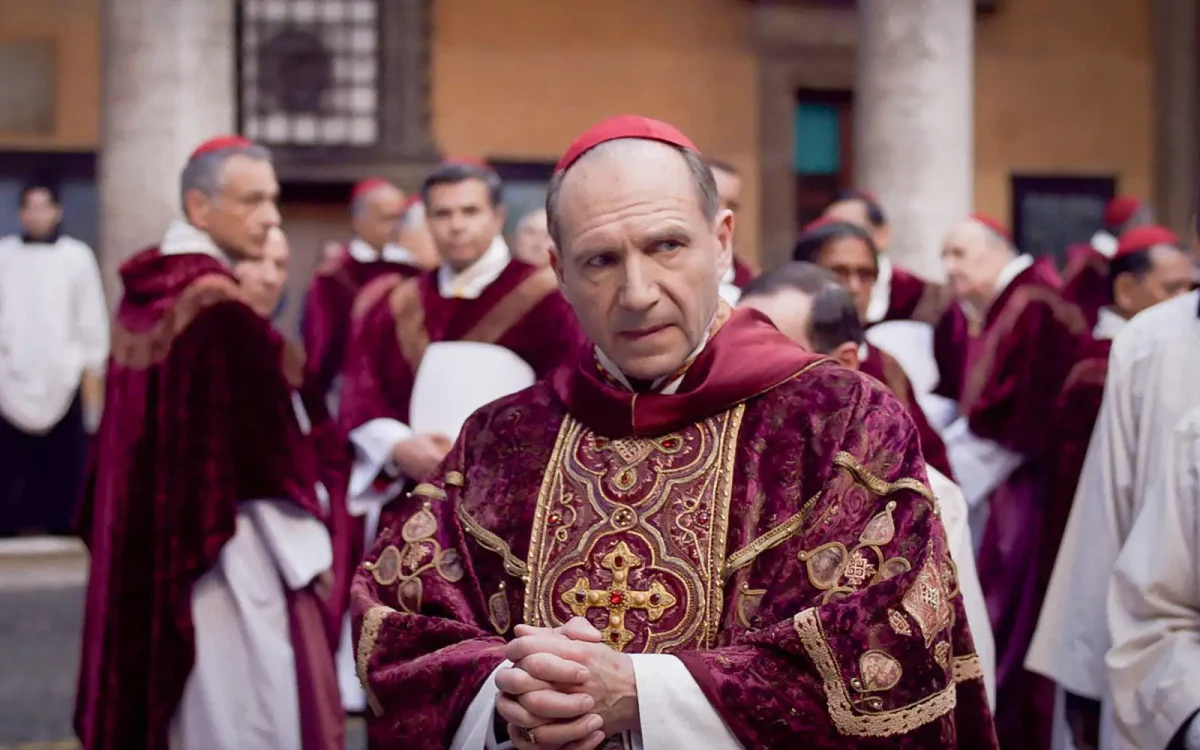

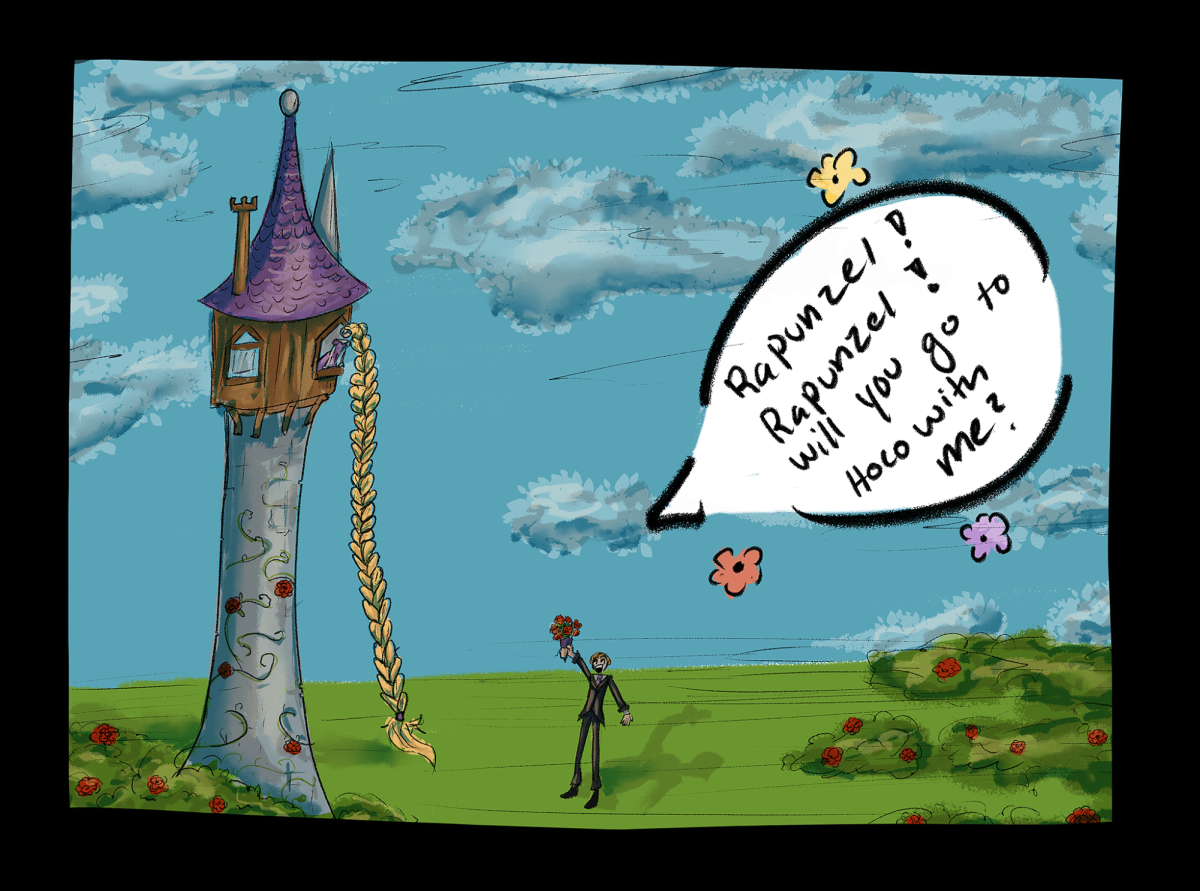
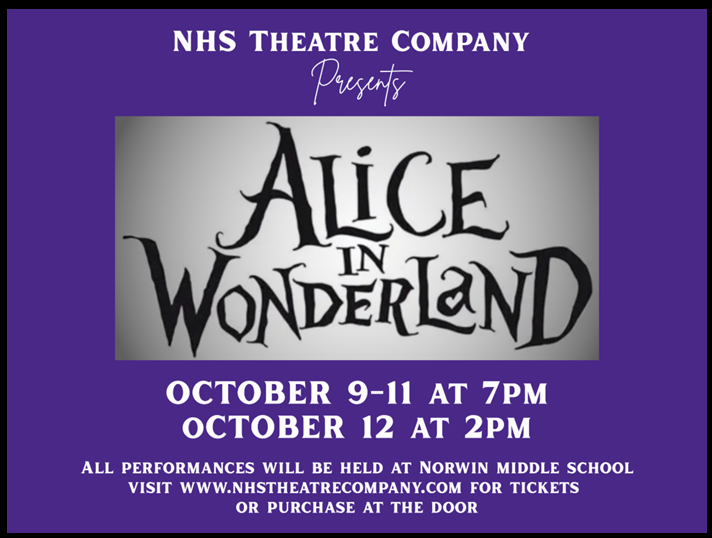



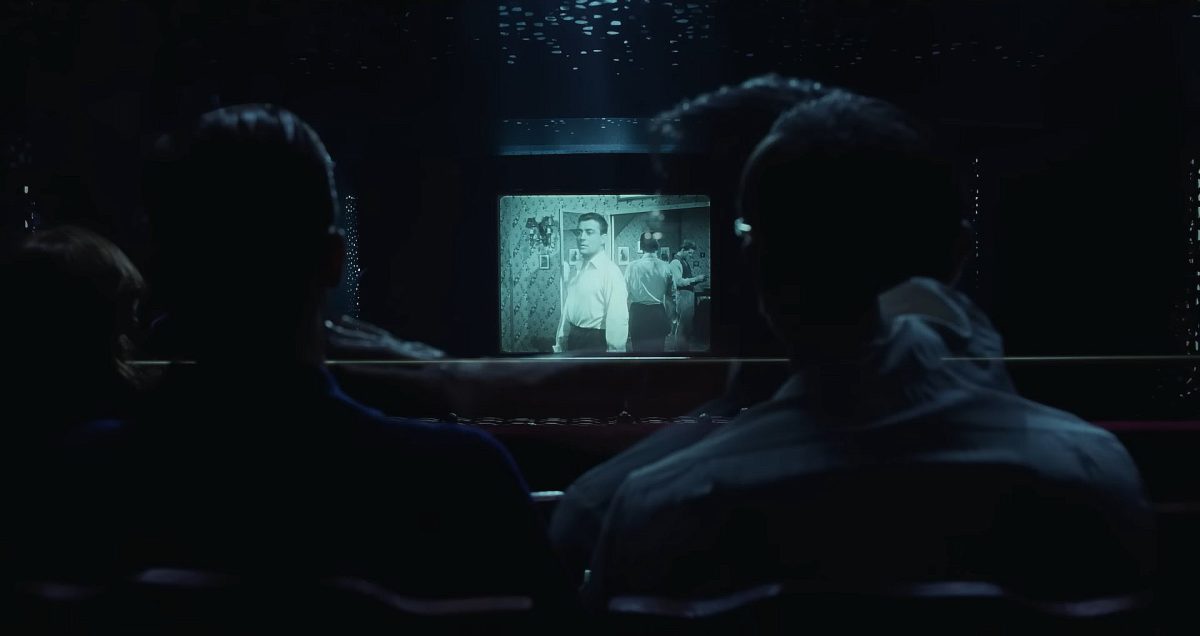
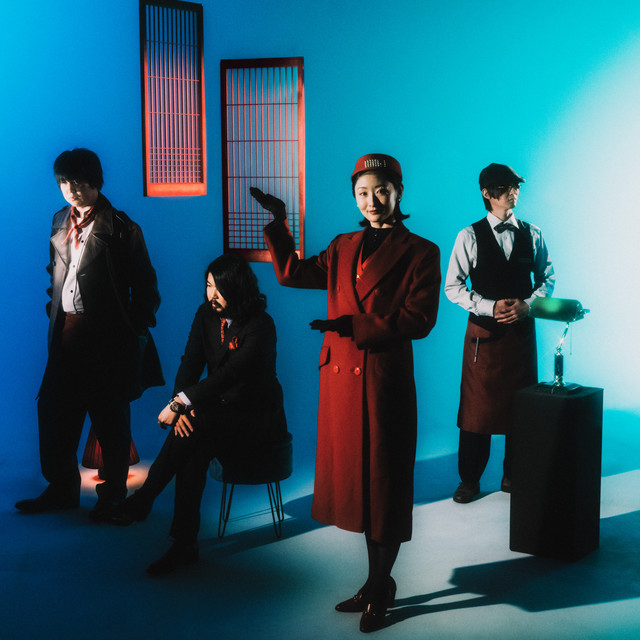
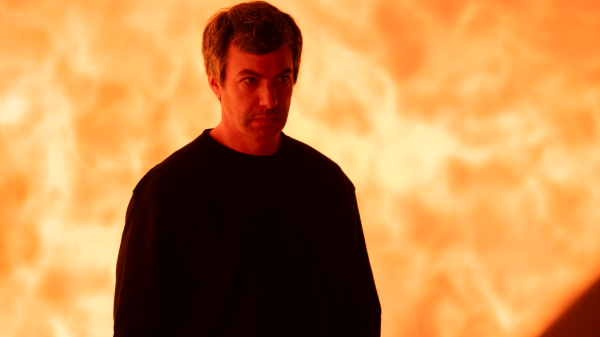
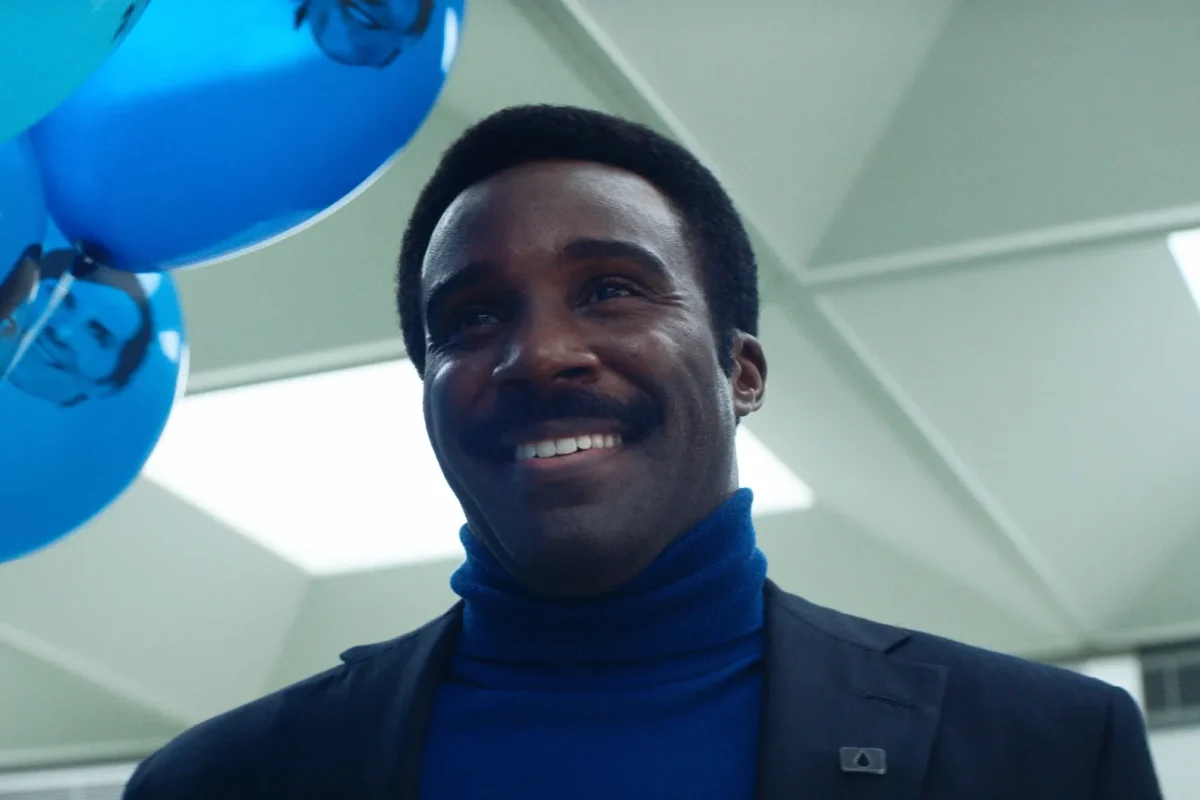
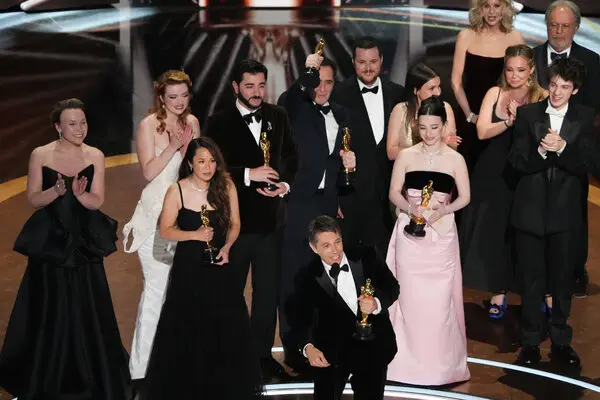
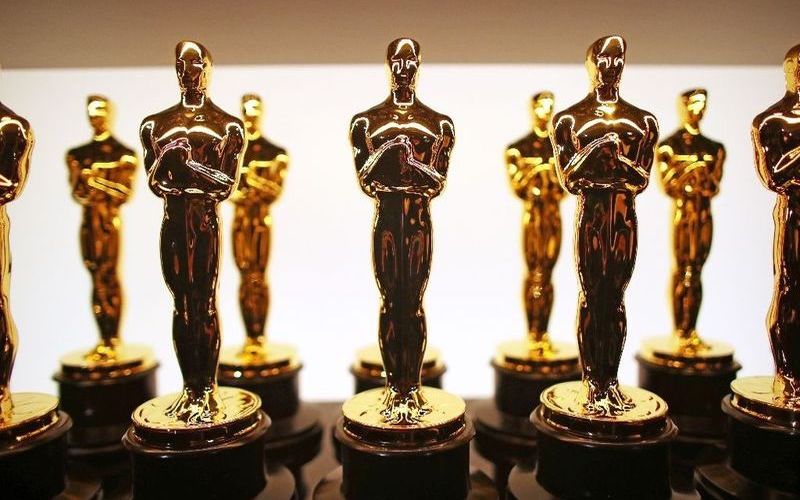

Gary S. • Mar 2, 2025 at 3:54 pm
One of the most engrossing movies I’ve seen recently. Superbly acted, timely, Finnes
should get Oscar. Fascinating look inside one of those areas we’ve all wondered about
Paula B. • Nov 11, 2024 at 5:55 am
I found the movie well made, the acting great and the shocking twist at the end magnificent. Previous movies about the same or similar subject made the ending of this one so thought provoking and extraordinary!
Frank Bejbl • Nov 10, 2024 at 8:05 pm
Seeing the movie, it must be this person’s job and responsibility to be critical. Overly critical.
My eyes, feeling and enjoyment of the ” novel” made into a movie is not the same as this “professional”. I was raised a Catholic and an alter boy unto my senior year in high school…. so I have been exposed to bishops, priests and cardinals. I have been to the Vatican and walked its grounds and history.
I enjoyed the movie and it’s purpose.